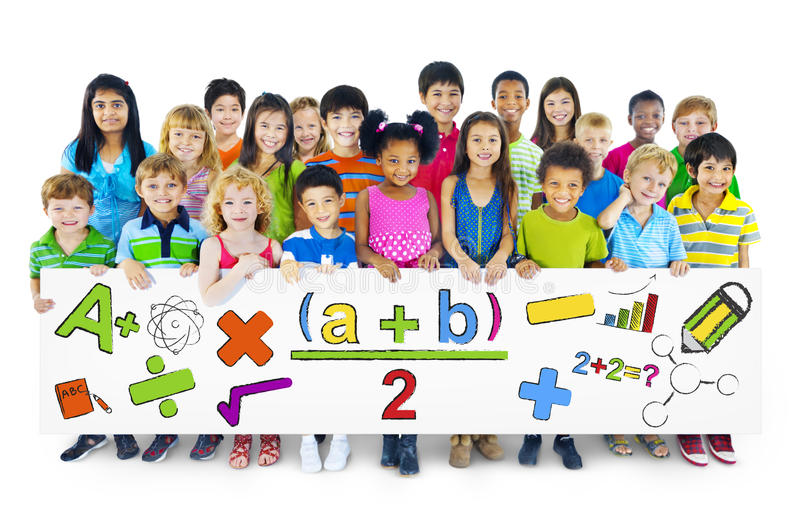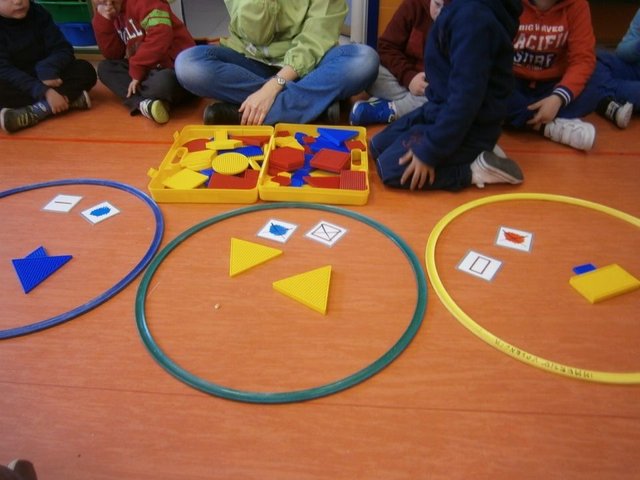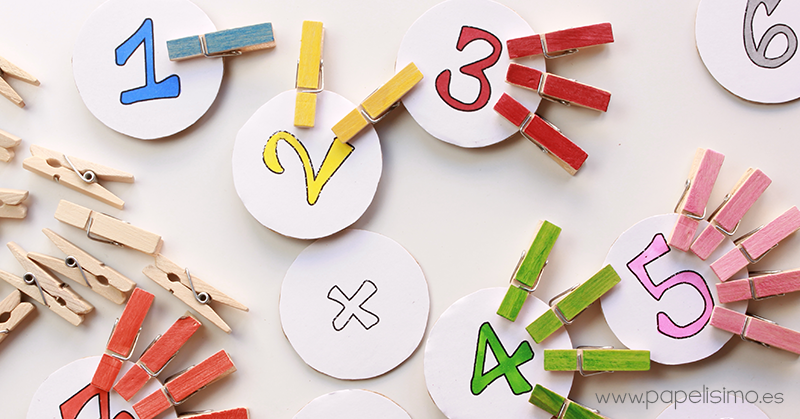THREE STEP FOR CHILDREN TO LEARN MATH
In the curriculum of any country in the world, mathematics is one of the primary contents and yet it is one of the subjects with the highest school failure rate. That's why many people ask:
Are mathematics difficult?
Is there a bad didactic of them?
Is it possible to enjoy learning math?
And teaching math?
How can families help our children (and not
I mean help them do their homework)?
I assure you that mathematics is not difficult and that ALL children can acquire basic skills and knowledge in mathematics, it is only necessary to accompany them properly and have adequate materials.
THREE STEP FOR CHILDREN TO LEARN MATH
FIRST STEP: OUR ACCOMPANIMENT.
Without adequate accompaniment, children do not have the necessary opportunities to learn mathematics in a natural way. In this case the how is as important as the what. That is, we have to reflect on how we are accompanying their learning because the transmission of knowledge has an emotional part that we can not disregard.
Each of the following points would be given for hours of conversation, I just hope that you can serve as a starting point for reflection.
ATTITUDE
Forget what you did at school whether you liked it or not. Your attitude towards mathematics, although intangible, is one of the cornerstones in the education of your children and your students. You have to give them the opportunity to write their own story with this beautiful subject. You can not transmit your anguish, if in your school years you suffered with mathematics, or your exaggerated devotion, if you were a crack in mathematics, since each person has their own tastes and needs to walk on their own path.
TRUST
Your son or your student is a person with an incredible talent and a great capacity and for these to develop, it is imperative that you trust him. Believe me, if you think you will succeed in math, you will have it. You may have difficulties and there you should be attentive to help or ask for help from other people but, without a doubt, from the hand of your trust you will go far.
RESPECT
Each person learns with a different rhythm and uses a unique path. There are children who quickly understand complex concepts and others who need a lot of time to learn simple knowledge. Some skip some stages that we had planned and others go back to stadiums that were supposed to be past. No matter how long they take or what route they choose to learn, the important thing is to accept the individuality of each person to allow them to advance at their own pace. Just think about how you learned to drive a car or to cook or use the computer. Did you take more than other people (or less)? Did you follow an official path step by step or were you self-taught?
THE QUESTION
Experimentation is the base that leads to logical thinking but experimentation by itself does not produce learning, it is necessary that we accompany it with a question, that is, the child must have something to discover. To do this, we must avoid explaining "how to do it" and encourage him to ask questions, to investigate and look for solutions in his own way. For example, how far do the numbers go? Are there more even or odd numbers? Think that a good question is an opportunity for your child to learn.
WHAT IS THE ERROR?
Without error there is no progress because there is no understanding, we all need to make mistakes to reflect and thus assimilate concepts and processes that we seemed to have learned. I recommend that you keep attentive not to penalize the mistakes but to use them as an opportunity for your child or student to learn. Flee repetitive proposals such as the routine practice of equal exercises where it is also easy to make mistakes. Value imagination and creativity.
SECOND STEP: LEARNING IN LIFE
We believe that only mathematics is done at school. Error!
Throughout the day , children perform many actions that are helping them develop their logical-mathematical thinking. Activities as everyday as getting dressed, hanging your coat or deciding how many dishes you have to put on the table are real mathematics since you have to think in a logical way to carry them out. When the children accompany us to the purchase, when we cook with them, when they help us in the laundry, when they order their room, they do math.
Mathematics is about solving problems and not necessarily having to have written statements or solve with mathematical symbols. Problem solving begins in everyday life. Each time they expand their personal autonomy they are solving a small logical-mathematical problem.
THIRD STEP: THE MANIPULATIVE MATERIALS
The human being learns by doing. In particular, in mathematics, doing means seeing, touching, manipulating, experimenting with objects, etc. This is the reason why those who have been concerned with mathematics education and have researched how to learn mathematics at its basic levels, have come to the conclusion that an environment where materials are specially designed to learn mathematics is basic. Manipulative materials and games are undoubtedly an excellent laboratory for learning mathematics.
As an orientation, I can tell you that basically there are three large groups of materials:
Materials that develop logical capabilities.
Those that help generate concepts.
Materials that consolidate knowledge
MATERIALS THAT DEVELOP LOGICAL CAPABILITIES
MATERIALS THAT HELP GENERATE NEW CONCEPTS
How we accompany our children and / or students.
Remember that mathematics is learned comprehensively in life.
Use manipulative games and materials specifically designed for learning mathematics.
What do you think of these three steps?



